Our manifesto for rewilding
Our mission is to see a mosaic of species-rich habitats restored and connected across at least 30% of Britain’s land and sea by 2030.
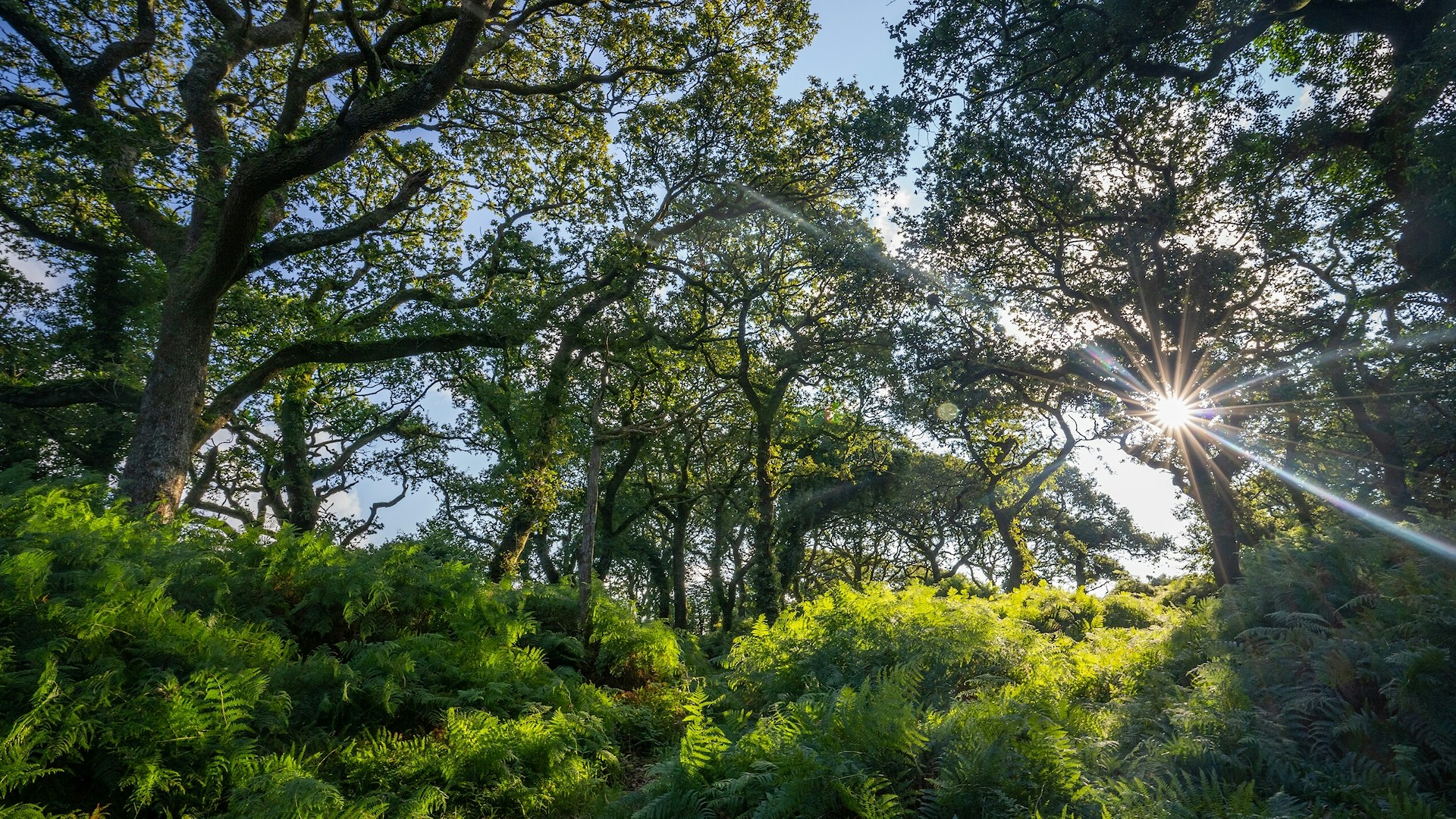
By protecting, restoring and regenerating species-rich mosaics of habitats, rewilding helps reverse biodiversity loss and bring back the abundance of Britain’s wildlife. We’ve demonstrated that rewilding also helps to mitigate climate heating by drawing down millions of tonnes of carbon from the atmosphere. We’ve shown in our report ‘Adapting to Climate Heating’ report how rewilding allows wildlife to disperse and adapt as our climate heats, saving a significant number from further decline or extinction.
Rewilding also presents opportunities for communities to diversify and create more resilient, nature-based economies — and reconnects us with the wonders of wild nature, improving physical and mental health.
The breakdown of our climate and the species extinction crisis are no longer fringe concerns but are increasingly recognised as urgent existential threats to both nature and human society. Yet the gulf between our awareness of that threat and the inadequacy of our current response is terrifying. Now, more than ever, we must reset our relationship with the natural world. Nature is a part of us. It’s our life support system.
Britain should be teeming with wildlife. Instead many of our wildlife populations – from songbirds to insects and plankton – are collapsing. To repair our planet we must urgently achieve net carbon zero — and natural climate solutions can contribute significantly to this aim. Protecting our living world and our climate are largely one and the same. And rewilding, the large-scale restoration of ecosystems to the point where nature can take care of itself, plays a vital role in both.
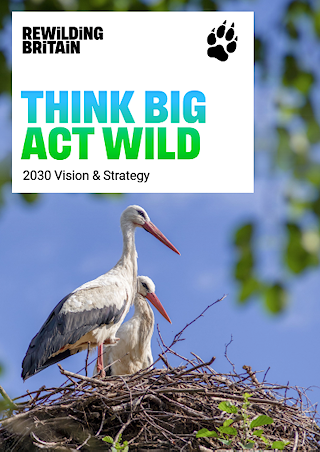
2030 Vision & Strategy
Download pdf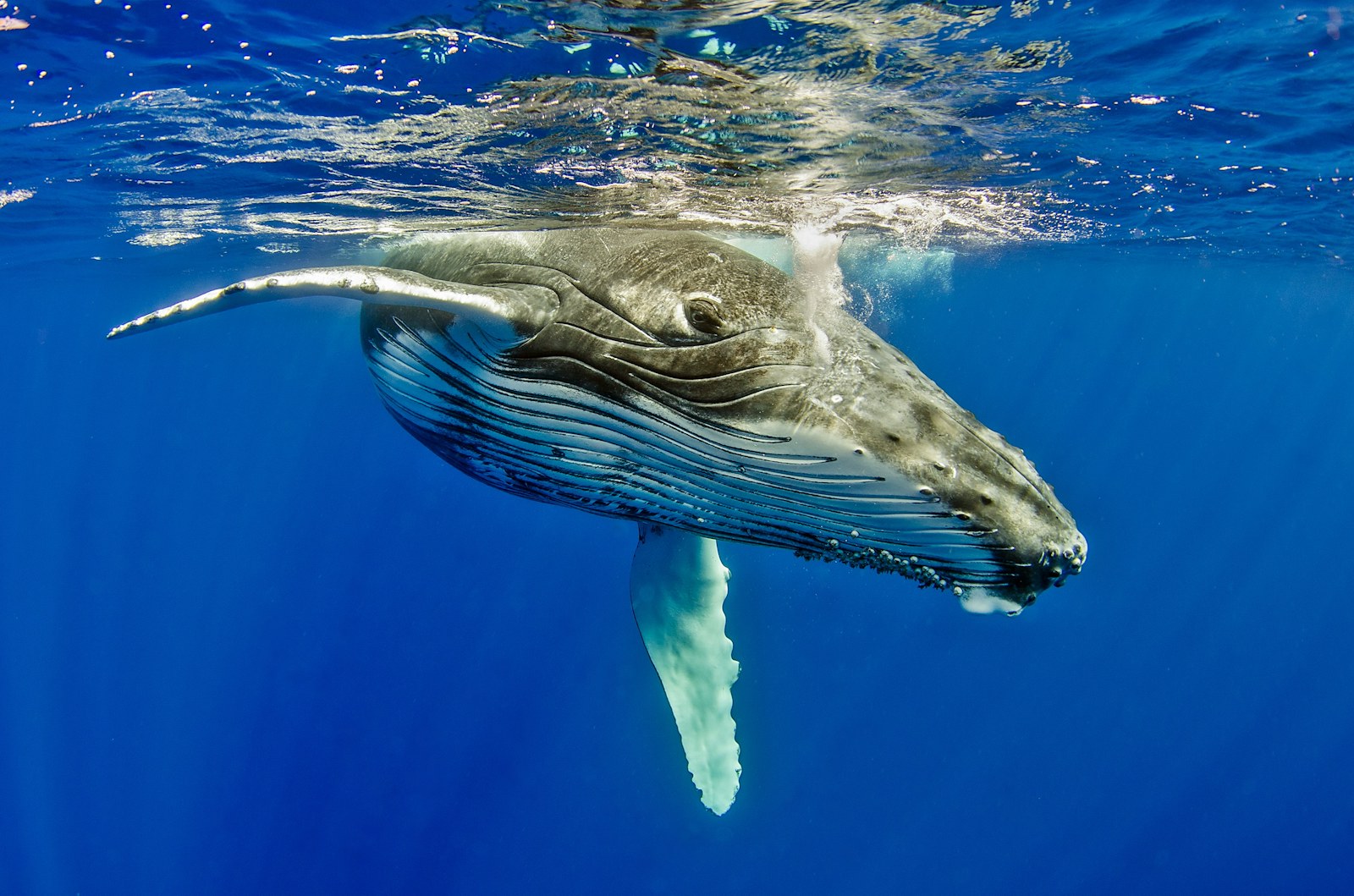
Our rewilding vision — think big, act wild
We urgently need to see an expansion of nature’s recovery across Britain’s land and seas. A growing number of organisations are calling for 30% of land and sea to be restored for nature by 2030. And in a recent speech the UK government made a similar commitment.
Rewilding Britain also wants to see a mosaic of species-rich habitats restored and connected across at least 30% of Britain’s land and sea by 2030. But it is not enough to simply expand our National Parks and other protected areas, which are often degraded and over-managed. We must radically reconsider what we are asking of our land and seas. We must think big and act wild.
Rewilding Britain’s vision for achieving 30% by 2030 is to expand the scale, quality and connectivity of our native habitats through:
- The creation of core rewilding areas across at least 5% of Britain. These areas should focus on restoring and reinstating as wide a range of natural processes, habitats and missing species as possible. What will emerge is a diverse mosaic of native forest, peat bogs, heaths, species-rich grasslands wetlands, saltmarshes, kelp beds, seagrass and living reefs.
- The establishment of nature-enhancing land and marine uses across at least 25% of Britain. These will embed and connect up core rewilding areas within broader mosaic of land and marine uses such as low-impact mixed forestry, harvesting of natural products, nature-based tourism and high-nature value grazing.
We see this starting to form climate corridors which, through substantially expanding habitat quality and connectivity, also increase carbon capture and allow species to disperse and migrate as our climate heats. Climate corridors will accelerate momentum by connecting and enhancing a myriad of existing initiatives as well as inspiring new ones. From Cornwall to Caithness, the Norfolk Broads to the Bannau, from doorsteps to mountain tops, from river’s source to the sea.
Coordinated, locally-led action
This is a rallying call for coordinated action from communities, farmers, foresters, fishers, businesses, local councils up to national governments and our largest landowners. We can all help build a better, more resilient future. This relies on everyone — particularly those who own or derive their living from the land and sea — taking individual and collective action. Mobilising and supporting a movement of locally-led action by communities, local networks, volunteer groups and landowner clusters is just as important as influencing governments
Rewilding Britain receives an incredible number of enquiries from landowners, communities, businesses, NGOs, local government and public bodies wanting help and advice on rewilding. And this is just the tip of the iceberg.
We’ve already launched The Rewilding Network to create unstoppable momentum by bringing together thousands of people from across Britain who are considering or already rewilding the land and sea. Through the Network we have pledged to:
- provide timely, accessible and practical support and advice to upscale rewilding in practice
- increase opportunities to diversify rural economies through nature-based enterprise and production
- nurture rewilding networks and groups, connecting individuals, people, landowners, businesses, councils and others to catalyse locally-led rewilding initiatives
We also work collaboratively with others to raise the ambition of public debate and take collective action towards a 30% by 2030 rewilding vision.
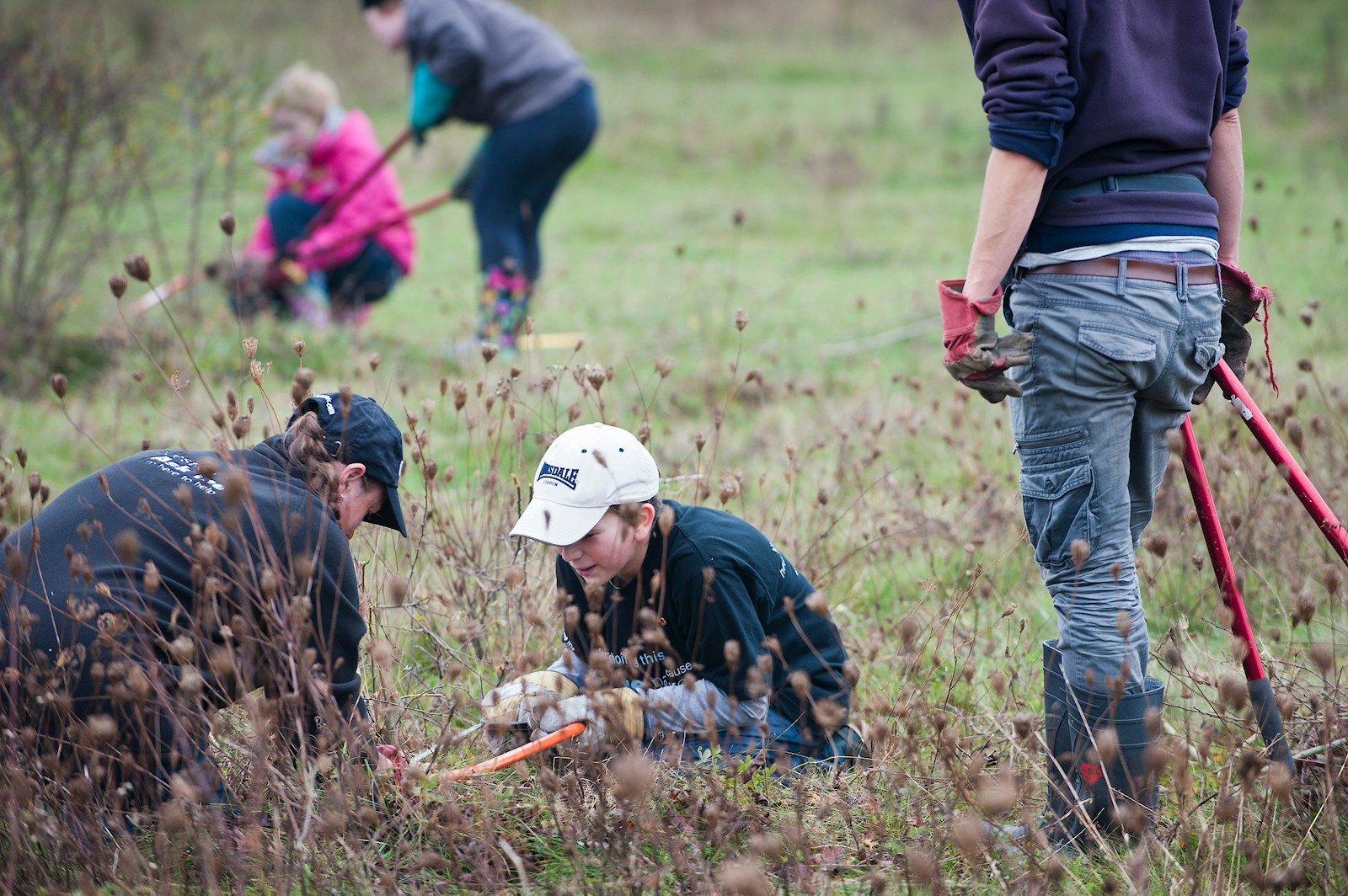
Joined-up, long-term government action
We believe in a world where living alongside wild nature is possible, if only we chose to make it happen. And we see this as a long-term commitment, secured for the benefit of future generations. Meaningful change requires a joined-up approach across governments that integrates policy around land and marine use and supports both nature’s recovery and community resilience. We are starting to see offers of political support — we now want these words turned into government action.
Rewilding Britain’s pledge
We will advocate for government policy and legislative changes which enable, and provide financial support for, rewilding and nature-enhancing land and marine uses across 30% of Britain by 2030.
We want to see the UK and devolved governments commit to:
- Mandate and support all National Parks, protected areas and state owned land to lead the way by creating core rewilding zones across at least 10% of their area and nature recovery areas across at least 50%.
- Double the area of tree cover and ‘woodland in the making’ from 13% to 26% using natural regeneration as a priority approach
- Expand the UK’s network of Marine Protected Areas (MPA) to at least 30% of our inshore and offshore waters and establish active measures to regulate and enforce this protection
- Ensure the future Environmental Land Management Scheme, and devolved government equivalents, explicitly provide funding for rewilding and nature enhancing large-scale land use change
- Invest in and support a transition towards climate resilient, nature-based local economies that sustain vibrant rural communities as part of a wider green recovery.
- Enshrine and enforce this ambition within a clear policy and regulatory frameworks, with sufficient financial support, e.g. through the Environment Acts, Agriculture Acts and Fisheries Acts.
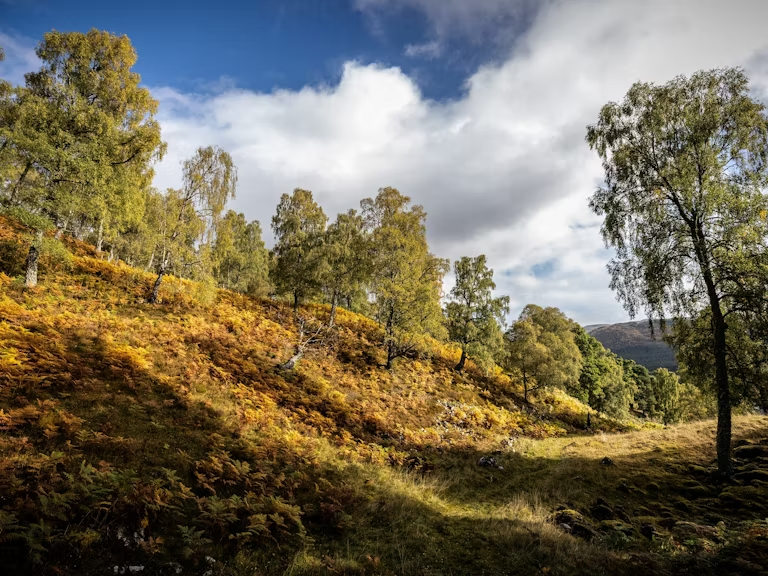
Rewilding 101
Start here to learn all about rewilding, what it looks like and what it can do.
Why rewild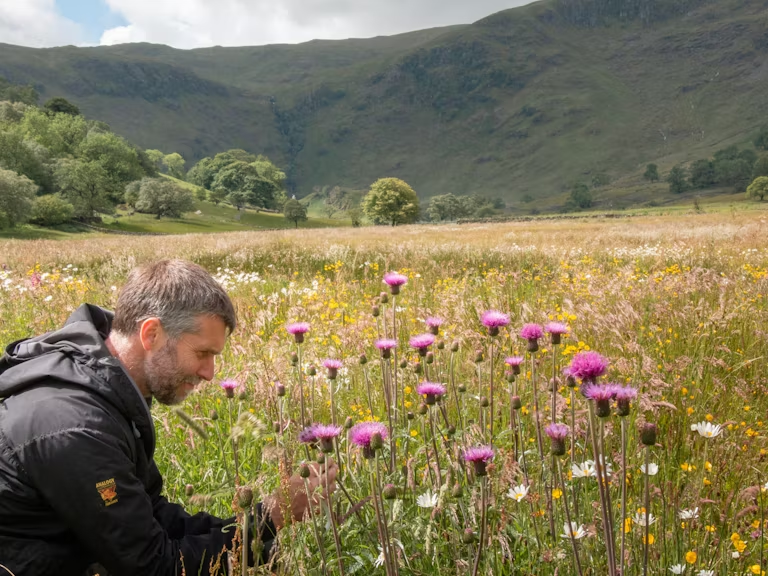

Rewild your inbox
Wise up with the latest rewilding news, tips and events in our newsletter.
Sign up now